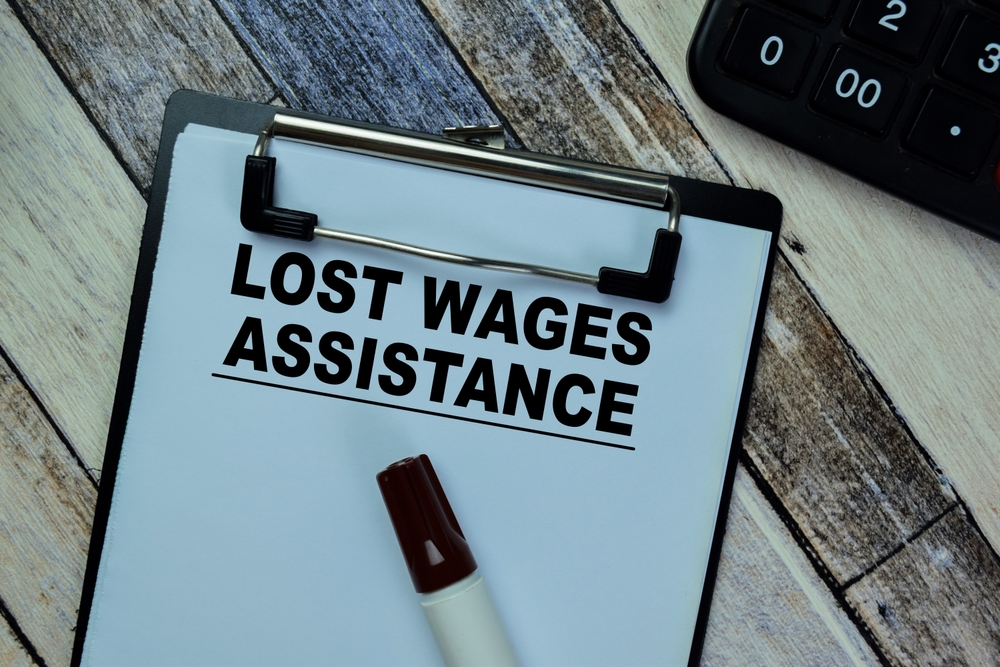If you’ve been injured in a car accident in Georgia, timing is more important than you may think. We speak with injured clients every day who don’t realize how quickly deadlines can pass—and how much harder it becomes to recover damages when too much time has gone by. From the moment an accident happens, the clock starts ticking. The sooner you start the legal process, the better positioned you are to protect your health, your finances, and your legal rights.
Under Georgia law, personal injury claims are subject to a statute of limitations, which means you only have a limited window to file a lawsuit. But the real urgency goes beyond court deadlines. Beginning your claim early allows us to gather critical evidence, speak with witnesses while memories are still fresh, and build a strong case before the insurance companies begin working against you. Waiting too long can jeopardize your case, limit your compensation, and even lead to a full dismissal.
Understanding Georgia’s Statute Of Limitations
In Georgia, the statute of limitations for personal injury claims—including auto accidents—is two years from the date of the accident, as set forth in O.C.G.A. § 9-3-33. This law applies to claims involving injuries caused by the negligence of another person or entity. If you try to file a lawsuit after this period has expired, the court will almost certainly dismiss your case.
This deadline is strict, but it can vary depending on the circumstances. For instance, if the accident involved a government vehicle, you may need to file a notice of claim within six months under O.C.G.A. § 36-33-5. That’s why it’s so important to speak with an attorney immediately after your accident.
Why Immediate Action Matters
Even though you may have up to two years to file, waiting can damage your case. Evidence disappears. Witnesses become harder to contact. Insurance adjusters may use your delay against you. Starting the process now gives us the chance to investigate, preserve evidence, and make sure your rights are fully protected.
We also want to ensure that your medical care and bills are well-documented from the start. Insurance companies often try to argue that a delay in treatment means your injuries aren’t serious. By getting legal help early, you avoid those traps and give yourself the best chance to secure full compensation.
FAQs About Auto Accident Injury Claims In Georgia
What Is The Time Limit For Filing An Injury Lawsuit After A Car Accident In Georgia?
Under O.C.G.A. § 9-3-33, you have two years from the date of the accident to file a personal injury lawsuit in Georgia. This time limit applies to claims for bodily injury resulting from another person’s negligence. If your lawsuit is not filed within that time, it will likely be dismissed, and you won’t be able to recover compensation through the courts.
Does The Two-Year Statute Of Limitations Start On The Day Of The Accident?
Yes. In most cases, the two-year clock starts ticking on the actual date the accident occurred. However, in rare cases involving delayed discovery of injury or tolling of the statute, the deadline may shift. Still, it’s never safe to assume you’ll have more time. We strongly recommend you begin your claim as soon as possible.
Can I Still Recover Damages If I Was Partially At Fault?
Yes. Georgia follows a modified comparative fault rule under O.C.G.A. § 51-12-33. You can recover damages as long as you are less than 50% at fault. However, your compensation will be reduced by the percentage of your fault. For example, if you’re found to be 30% responsible, your recovery would be reduced by 30%.
What Happens If I Miss The Filing Deadline?
Missing the two-year statute of limitations generally means you lose your right to sue. Courts will not consider late filings, and insurance companies know this. If they believe the deadline has passed, they will refuse to offer a settlement. That’s why we always encourage injured clients to act immediately.
Are There Any Exceptions To The Statute Of Limitations?
There are some limited exceptions. If the injured person is a minor, the clock may be paused until they turn 18. Similarly, if the defendant leaves the state or there is fraudulent concealment, the statute may be tolled. These exceptions are rare and legally complex, so it’s best to consult an attorney right away if you think an exception might apply.
Does Filing An Insurance Claim Count As Filing A Lawsuit?
No. Filing a claim with the insurance company does not stop the statute of limitations from running. To preserve your right to seek damages in court, you must file a formal lawsuit in the appropriate Georgia court within two years.
What If The Accident Involved A Government Vehicle Or City Employee?
Claims against government entities must be filed much sooner. Under O.C.G.A. § 36-33-5, you may need to give formal notice within six months of the incident if the at-fault party is a municipal employee or agency. This is known as an ante litem notice. Failing to file this notice properly can bar your claim.
Why Should I Call An Attorney Immediately After My Accident?
The longer you wait, the more risk there is to your case. Evidence can be lost or destroyed. Medical records may not reflect the seriousness of your injuries. Insurance companies may try to shift blame or minimize your claim. By calling us right away, we can preserve the facts, protect your rights, and give you the best possible chance at recovering full damages.
Call Our Atlanta Car Accident Lawyer To File Your Georgia Accident Claim
If you’ve been injured in a car accident, your time to take legal action is limited, and your financial future may depend on the steps you take now. At Shani O. Brooks P.C., we’re committed to helping you recover full compensation for your injuries, medical bills, lost income, and pain. Our office is located in Atlanta, and we represent clients across the State of Georgia.
Contact our Atlanta auto accident attorney at Shani O. Brooks P.C. Attorneys at Law by calling 404-920-4736 to receive your free consultation. Let’s take the first step toward securing the justice your case deserves.

